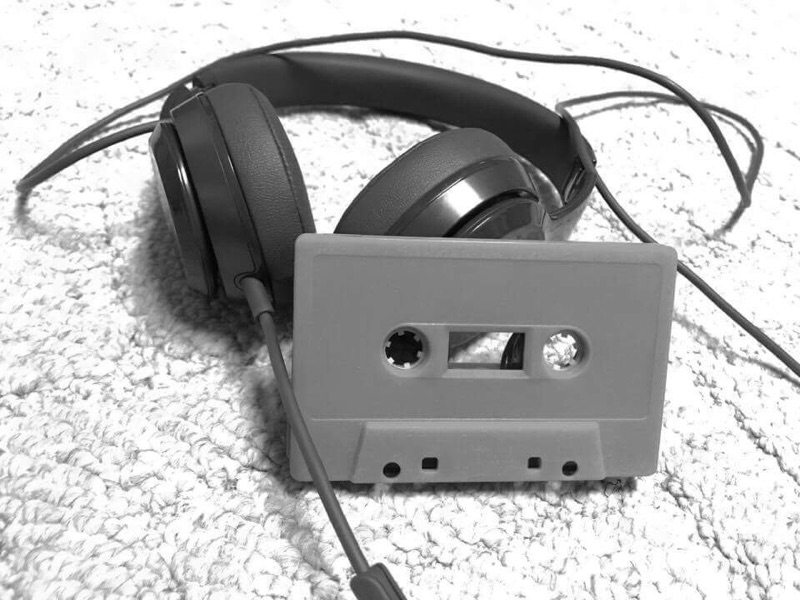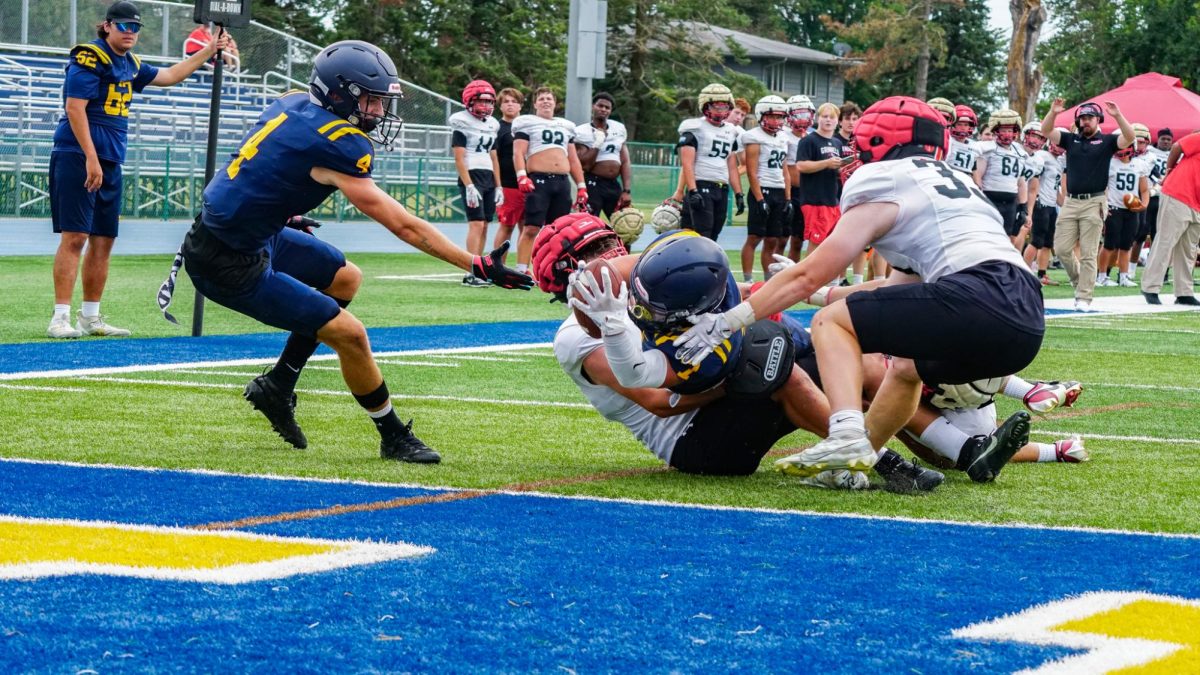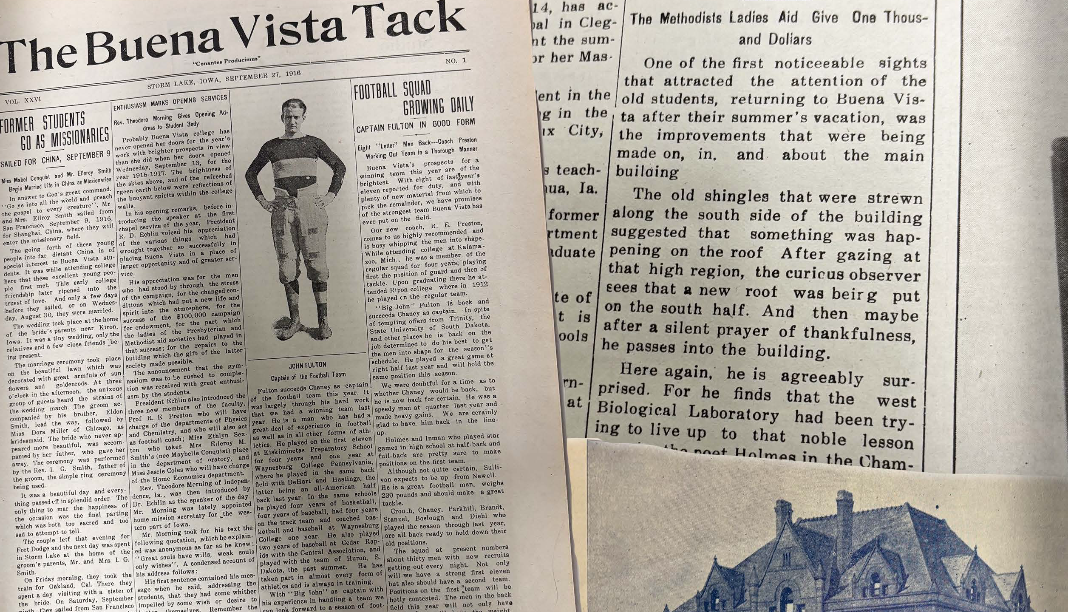“Thirteen Reasons Why” Sends the Wrong Message
April 26, 2017
Every so often, a piece of entertainment comes around that almost everyone has watched, and everyone has at least heard of. Thirteen Reasons Why is that new phenomenon. The Netflix original series, based off the book with the same title by Jay Asher, is about a girl, Hannah, who commits suicide and leaves 13 tapes chronicling her journey. The goal of the tapes is to call out everyone who was a reason for her suicide.
The initial wave of response to the series was positive – after all, Thirteen Reasons Why raises awareness about teenage suicide, right? Well, sort of. According to the CDC, the third leading cause of death in kids aged 12-19 is suicide. As a psychology major, I understand the importance of mental health, and I understand that poor mental health can lead to poor physical health and a host of other problems in day-to-day life, so believe me, I know mental health is very important –and I will never discount someone’s mental health.
Mental health, bullying, and suicide are serious issues for today’s youth, especially in the age of technology and social media that we are living in. Thirteen Reasons Why has the attention of the world to raise awareness for teenage suicide and provide resources for those struggling with depression and suicidal thoughts, but fails to do so in a big way.
Thirteen Reasons Why addressed two things that affect many teenagers and 20-somethings either directly or indirectly. 1) People are terrible, and 2) Suicide is a serious issue. I believe the show did the former better than that latter. After watching the show, I think everyone can find at least two characters they see similarities to in their own lives. While it is sad that we all know people in our own lives like the mean-spirited high schoolers in the show, it is the reality that we are living in. While the characters are unfortunately lifelike, I felt like the show did not handle the concept of suicide very well.
I understand people can be terrible and the things they say and do have the power to make others feel bad about themselves. Take for example what happens to Hannah in the first episode of the series, where she is sexually assaulted by a boy she thinks truly likes her. While the show presents some very realistic scenes, Thirteen Reasons Why doesn’t present other things well, specifically in the realm of mental health. This show romanticizes suicide, and does so in such a way that is more harmful that good in the fight for education about teenage suicide. This show, whose target audience is the impressionable ages of 12-19, doesn’t place nearly enough focus on mental health, but uses suicide more as a revenge story.
Hannah goes to the school counselor, which shows she recognized a problem, but the school counselor in this show does not have the training a mental health professional does, and a mental health professional could have provided the assistance Hannah needed – not saying that seeing a psychiatrist would’ve magically fixed things, or that school counselors are under-qualified, but someone with more training than this counselor appears to have, would be better prepared to deal with, and provide better assistance to Hannah’s situation than a school counselor. The show also keeps showing us images of Hannah throughout the entire season, which makes it feel as if she’s not dead. Many mental health professionals are concerned that Thirteen Reasons Why will give people the idea that they can get back at the people who mistreated them.
“Netflix isn’t going to pull it and kids are watching it, and they’re binge watching it without anyone helping them process it,” says Phyllis Alongi, a clinical director of the Society for the Prevention of Teen Suicide. “We feel it was done irresponsibly and we don’t agree with many portrayals including of Hannah’s death, memorialization, and placing blame on others.” Mental health professionals are also worried about the portrayal of suicide especially when the show doesn’t present the finality of death effectively.
While Thirteen Reasons Why brings to light a rather uncomfortable topic, it uses teenage suicide more as a form of entertainment, and comes up short in informing people about suicide. Exploring books such as By the Time You Read This I’ll Be Dead and Voluntary Madness, will offer a much more realistic perspective on depression and suicide (the authors for both books battled suicidal thoughts and depression), and both books also include discussion materials and resources for those struggling with depression or suicidal thoughts in the back of the book. Thirteen Reasons Why may be a booming success with viewers, but when it comes to dealing with educating viewers about suicide and teenage mental health, the show comes up short, especially when there are better resources out there to both entertain and educate.







